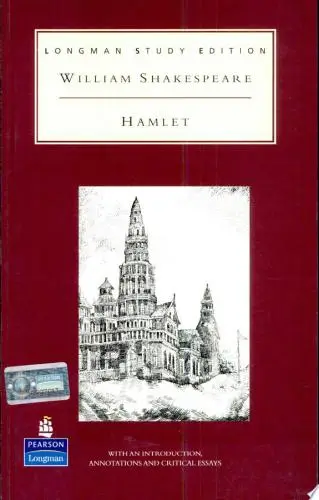Hamlet
What's it about?
Hamlet is a timeless exploration of revenge, madness, and moral ambiguity. As you delve into the story of Prince Hamlet, you'll encounter profound themes such as the struggle for truth and the consequences of inaction. You’ll learn about the complexities of human emotion and the impact of grief as Hamlet grapples with his father's death and the quest for vengeance against his uncle, Claudius. The play invites you to reflect on the nature of existence, the weight of duty, and the shades of right and wrong in a world filled with uncertainty.
About the Author
William Shakespeare, an influential playwright and poet, authored classics like "Hamlet," "Macbeth," and "Romeo and Juliet." His writing is characterized by iambic pentameter, complex characters, and themes of love, power, and betrayal. Shakespeare's exploration of the human condition and innovative use of language endure in literary and theatrical realms.
5 Key Ideas of Hamlet
To Thine Own Self Be True
Understanding and staying true to your authentic self leads to inner peace and fulfillment.
Recall the tale of Polonius imparting wisdom unto his son Laertes, urging him to hold steadfast to his own identity as he journeys abroad—a lesson in the importance of self-honesty.
- Encourages personal integrity: Being true to oneself cultivates trust and respect from others.
- Guides decision-making: Self-awareness provides clarity and confidence in choices.
- Prevents internal conflict: Aligning actions with values reduces stress and confusion.
Spend a few quiet moments today jotting down three core values that truly define you and reflect on how these guide your daily actions.
Avoid the allure of conformity; it can be tempting to mirror societal expectations rather than embrace your genuine self.
Cherish the Fleeting Moments
Recognizing the transient nature of life encourages us to savor and appreciate our current experiences.
Recall Hamlet's ponderings on mortality and the brevity of existence—the 'slings and arrows' remind us to delight in the present for all too soon may it pass.
- Enhances presence: Focusing on the now diminishes distractions and enhances engagement.
- Heightens gratitude: Acknowledging life’s impermanence breeds thankfulness for each moment.
- Promotes mindfulness: Leading a mindful life fosters emotional and mental well-being.
Pause during your next meal, truly savoring each bite and appreciating the flavors, textures, and the shared company, if any.
Do not lament what is past or fret over future uncertainties; it saps the joy from current experiences.
The Peril of Procrastination
Delaying decision and action can lead to missed opportunities and unintended consequences.
Reflect upon Hamlet’s hesitation in avenging his father’s murder, resulting in tragedy that might have been averted with decisive action.
- Breeds anxiety: The weight of indecision can create constant mental unease.
- Causes missed opportunities: Delays may result in lost chances that might never reappear.
- Compounds problems: Procrastination often leads to challenges escalating beyond control.
Identify one task you've been putting off and commit to taking the first step today, however small that may be.
Do not overthink minor details at the expense of action; over-analysis often results in paralysis.
Deeper knowledge. Personal growth. Unlocked.
Unlock this book's key ideas and 15M+ more. Learn with quick, impactful summaries.
Read Full SummarySign up and read for free!
Hamlet Summary: Common Questions
"To be, or not to be: that is the question." This iconic line from Hamlet captures the existential crisis at the heart of the play—mortality and the struggle for meaning. What had me hooked were the profound themes of revenge, madness, and the tangled web of betrayal that unfolds in the royal court of Denmark. The complexity of Hamlet's character, caught between indecision and profound grief, resonates deeply, leading to moments that feel both timeless and haunting.
One part I found particularly striking was the play within a play, where Hamlet stages "The Mousetrap" to gauge King Claudius's guilt over his father's murder. This metatheatrical element raised questions about truth and perception, leaving me scratching my head at how art reflects reality. Plus, the tragic ending, where nearly every key character meets their demise, underscores the destructive consequences of obsession and vengeance.
Overall, Shakespeare's Hamlet remains a brilliant exploration of the human condition, echoing themes found in works like The Insulted and Injured by Dostoevsky and Cyrano de Bergerac by Edmond Rostand. If you enjoy deep psychological drama and complex character arcs, I highly recommend diving into this classic—it's a stunning reflection on life, death, and everything in between.
Experience Personalized Book Summaries, Today!
Discover a new way to gain knowledge, and save time.
Sign up for our 7-day trial now.
No Credit Card Needed

Similar Books

The Hobbit
J.R.R. Tolkien
Fichte
Johann Gottlieb Fichte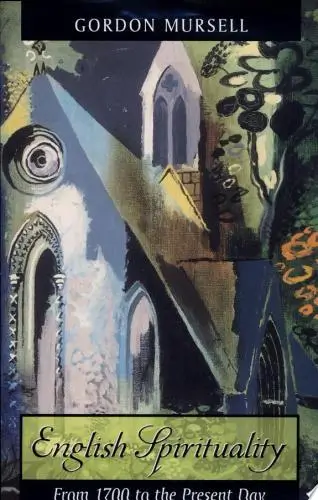
English Spirituality
Gordon Mursell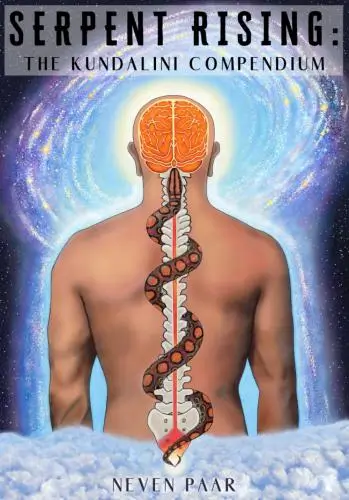
Serpent Rising: The Kundalini Compendium
Neven Paar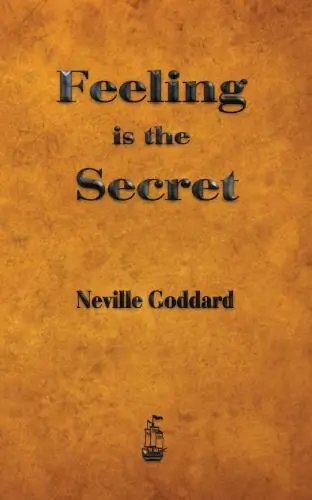
Feeling Is the Secret
Neville Goddard
How to Read the Akashic Records
Linda Howe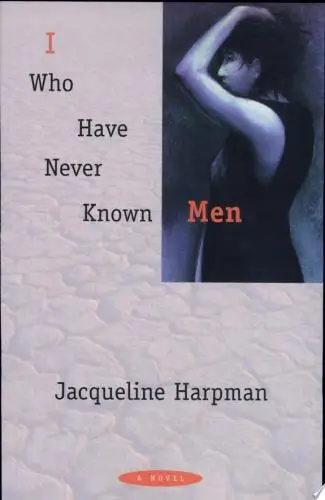
I Who Have Never Known Men
Jacqueline Harpman
Key Approaches to Biblical Ethics
Rabens, Volker
Macbeth
William Shakespeare
When Crickets Cry
Charles MartinTrending Summaries

Peak
Anders Ericsson
Never Split the Difference
Chris Voss
Smart Brevity
Jim VandeHei
The Psychology of Money
Morgan Housel
The First 90 Days
Michael D. Watkins
Atomic Habits
James Clear
Thinking, Fast and Slow
Daniel Kahneman
The Body Keeps the Score
Bessel van der Kolk M.D.
The Power of Regret
Daniel H. Pink
The Compound Effect
Darren HardyNew Books

Comprehensive Casebook of Cognitive Therapy
Frank M. Dattilio
The White Night of St. Petersburg
Michel (Prince of Greece)
Demystifying Climate Models
Andrew Gettelman
The Hobbit
J.R.R. Tolkien
The Decision Book
Mikael Krogerus
The Decision Book: 50 Models for Strategic Thinking
Mikael Krogerus
Fichte
Johann Gottlieb Fichte
Do No Harm
Henry Marsh
This is Going to Hurt
Adam Kay
